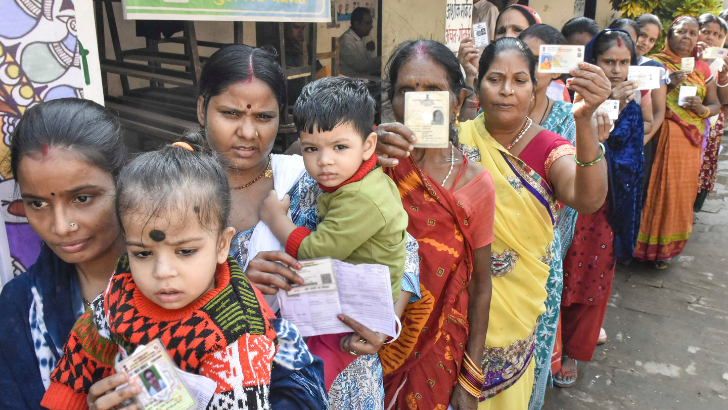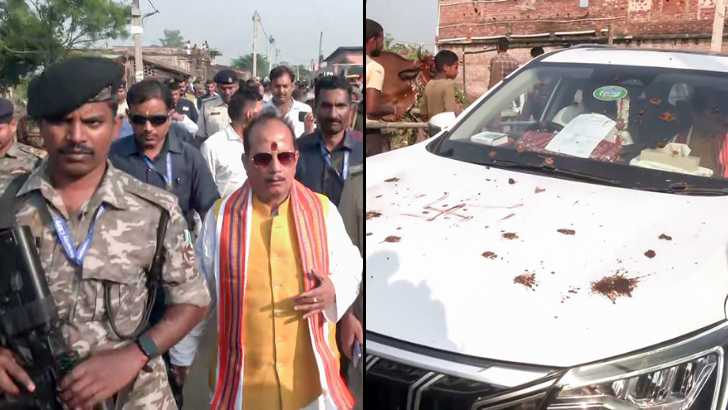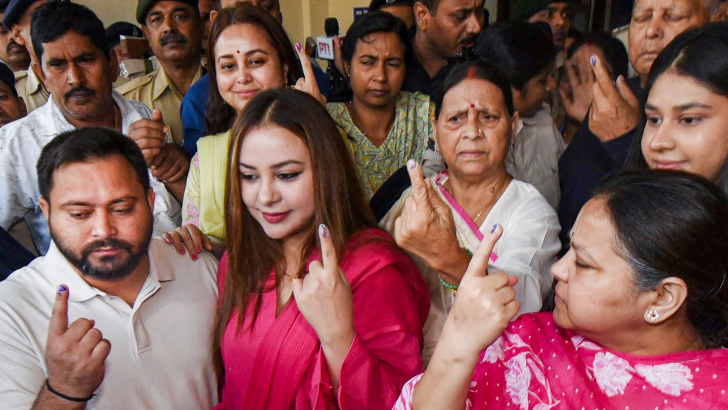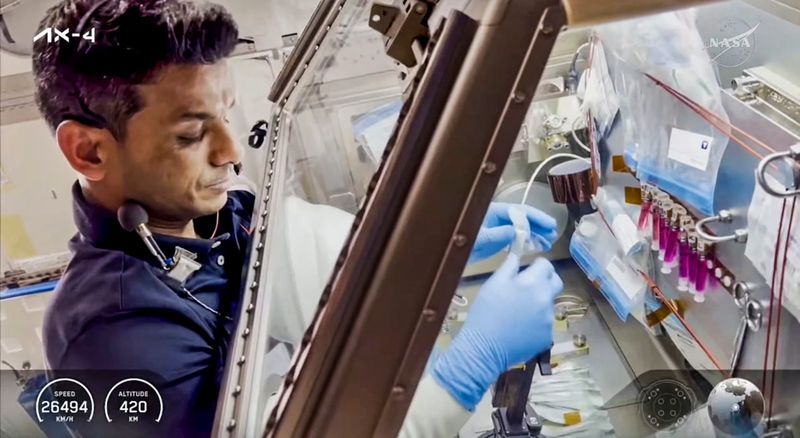First phase of the Census with Houselisting operations to begin from 1 April, 2026
India’s 16th Census begins 1 April, 2026, with houselisting; population count starts 1 February, 2027, with digital tools and caste data collection.
PTI
-
In the Census, Caste enumeration will also be done, a government statement had said.(ANI)
New Delhi, 29 June
The houselisting operations for the forthcoming Census will begin from 1 April, 2026, marking the start of the first phase of the decennial exercise, the Registrar General of India has said.
In a letter to chief secretaries of states and Union Territories, Census Commissioner and Registrar General of India Mrityunjay Kumar Narayan said the Houselisting Operations and Housing Census shall begin on 1 April, 2026.
Before that the
appointment of supervisors, enumerators and work distribution among them shall
be done with cooperation from states and district administration, it said.
The Census is a
two-phase exercise - in phase one i.e. Houselisting Operation (HLO), the
housing conditions, assets and amenities of each household will be collected.
Subsequently, in the second phase i.e. Population Enumeration (PE), the demographic, socio-economic, cultural and other details of every person in each household will be collected which is scheduled for 1 February, 2027, according to the letter.
In the Census,
Caste enumeration will also be done, a government statement had said.
For Census
activities, over 34 lakh enumerators and supervisors and around 1.3 lakh Census
functionaries would be deployed.
It is the 16th
Census till now and the eighth after independence.
The forthcoming
Census will be conducted through digital means using mobile applications.
Provision of self-enumeration would also be made available to the people.
The Office of the
Registrar General and Census Commissioner had prepared around three dozen
questions to be asked to the citizens.
The survey will
ask households about ownership of items like phones, internet, vehicles
(bicycle, scooter, motorcycle, car, jeep, van), and appliances (radio, TV,
transistor) among others.
The citizens will
also be asked about cereal consumption, sources of drinking water and lighting,
type and access to latrines, wastewater disposal, bathing and kitchen
facilities, fuel used for cooking and LPG/PNG connection.
Additional
questions include the materials used for the floor, walls and roof of the
house, its condition, number of residents, number of rooms, presence of married
couples, and whether the household head is a female or belongs to a Scheduled
Caste or Tribe.
Leave a Reply
Your email address will not be published. Required fields are marked *








.jpg)


.png)






.png)
.png)
